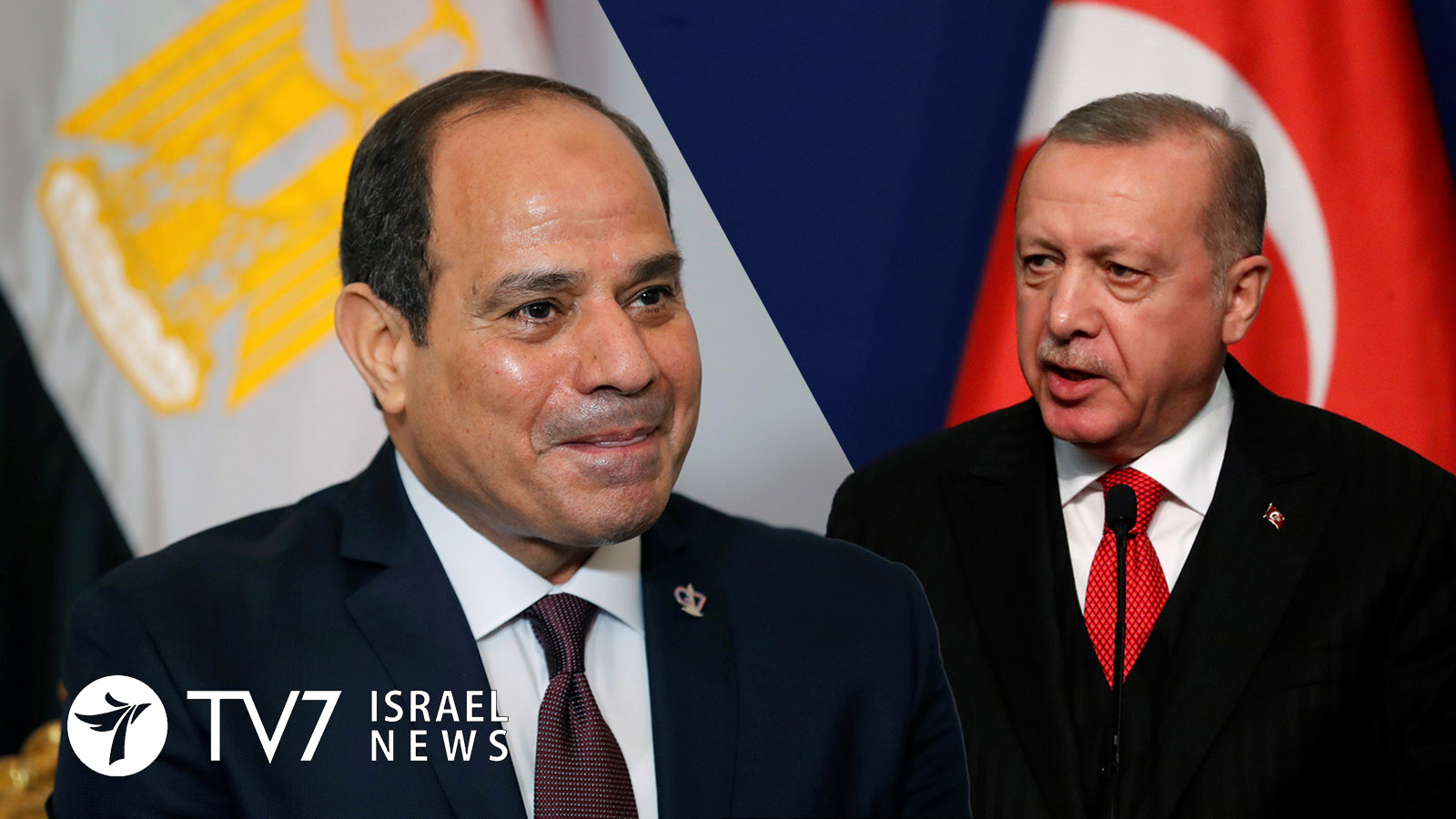Cairo and Ankara have resumed diplomatic contacts, after years of tension since the Egyptian army toppled a Muslim Brotherhood president close to Turkey.
While confirming the renewal of ties, Egyptian Foreign Minister Sameh Shoukry indicated that dialogue is limited. “(There is) no communication outside the normal diplomatic framework. If real actions from Turkey show alignment with Egyptian principles and goals then the groundwork will be laid for relations to return to normal,” he said.
Relations have been strained since the Egyptian military ousted Mohammed Mursi, who was the country’s first democratically elected president and an ally of Turkish President Recep Tayyip Erdoğan, following mass protests in 2013.
Top Turkish officials said last week that diplomatic contact between the two countries has resumed and that Ankara is seeking further cooperation. President Erdoğan described the communication as “not at the highest level, but right below the highest level,” adding, “We hope that we can continue this process with Egypt much more strongly.”
In addition, Turkish Foreign Minister Mevlüt Çavuşoğlu was cited by the state-owned Anadolu news agency as saying, “We have contacts with Egypt both on the intelligence level and the foreign ministry level … Contacts at the diplomatic level have started.”
Two Egyptian intelligence sources revealed that a Turkish counterpart made a proposed via telephone last Thursday to hold a bilateral meeting to discuss cooperation. One Egyptian source said that the call was welcomed and Cairo would respond as soon as possible.
The call follows other unofficial contacts between Egyptian and Turkish security officials on the framework of future communications, while the Ankara’s dispute with other east Mediterranean countries over maritime borders was not raised, according to the sources.
The reinstalling of ties between the two regional powerhouses could have reverberations across the Middle East – where Cairo and Ankara have sought to influence events in various hotspots, including the assumption of opposing sides in the Mediterranean maritime disagreement.
Efforts to reestablish trust will be difficult. In addition to friction over Mursi and the Mediterranean, Foreign Minister Shoukry said last week that the Arab League expressed its “categorical rejection” of Turkish military intervention in Syria, Iraq and Libya.
In other Egyptian diplomacy related developments, Shoukry informed lawmakers that there have been positive messages from Qatar indicating a desire to further repair relations following a summit in Saudi Arabia’s al-Ula in January.
Egypt and its Gulf allies Saudi Arabia, the United Arab Emirates and Bahrain agreed at the talks to restore diplomatic, trade and travel ties with Doha, which had been severed in 2017 over allegations Qatar supported terrorism, a charge it denies.
Meanwhile Turkey is also working to repair its own strained relations with several regional powers.
Turkish Foreign Minister Çavuşoğlu announced that Ankara would reciprocate if Riyad and Abu Dhabi would take “positive steps” to overcome recent tensions.
Turkey’s ties with the Saudis deteriorated over its ally Qatar’s dispute with Gulf Arab states, as will as the murder of journalist Jamal Khashoggi at the Saudi consulate in Istanbul in 2018. Bilateral trade has collapsed due to an informal boycott by Saudi companies.
Turkey has also been at odds with the UAE over the conflict in Libya, with both countries having accused the other of disrupting regional stability.
“There is no reason for our ties with Saudi Arabia not to be fixed. If they take positive steps, we will take positive steps. The same goes for the UAE. We don’t want to fight with anyone,” Çavuşoğlu maintained.a
According to a US intelligence report, Saudi Crown Prince Mohammed bin Salman approved Khashoggi’s killing and dismemberment by secret Riyadh operatives.
“We never blamed the Saudi Arabian leadership,” Çavuşoğlu insisted; contradicting statements at the time by Pres. Erdoğan that the operation had been ordered at the “highest levels” of the Saudi government. After Erdoğan spoke to King Salman in November, a Turkish presidential statement announced that the two had agreed to resolve differences through dialogue.
